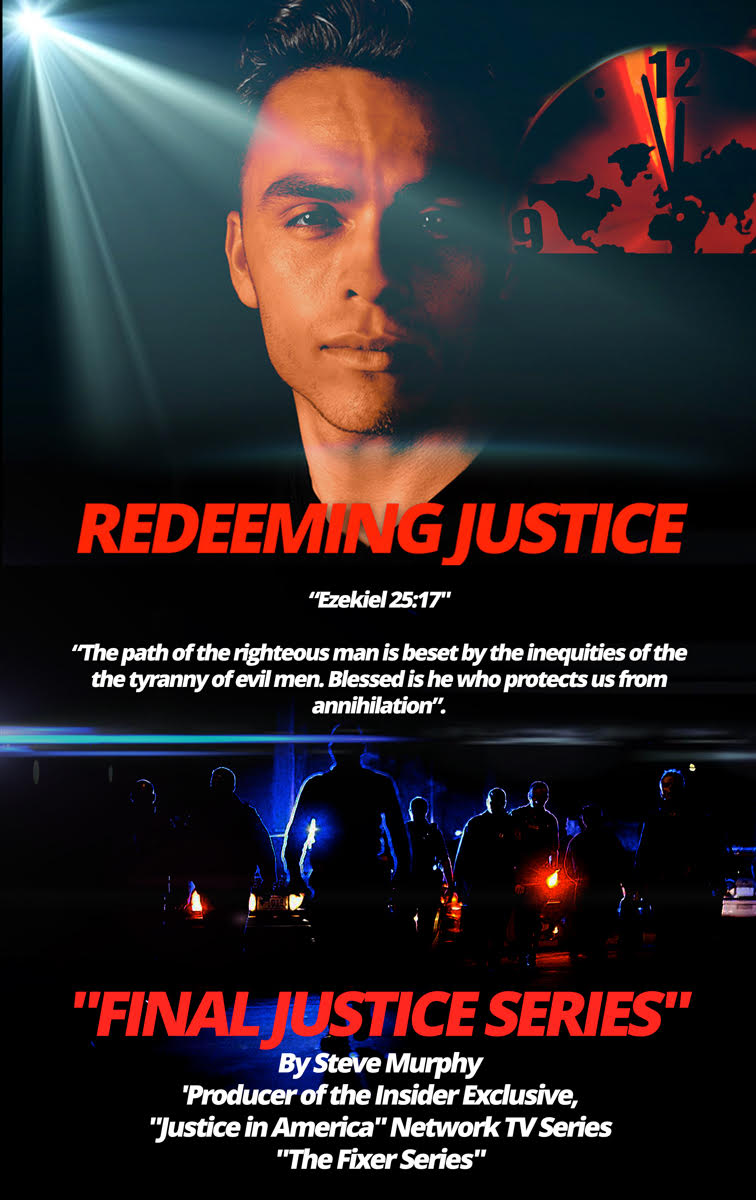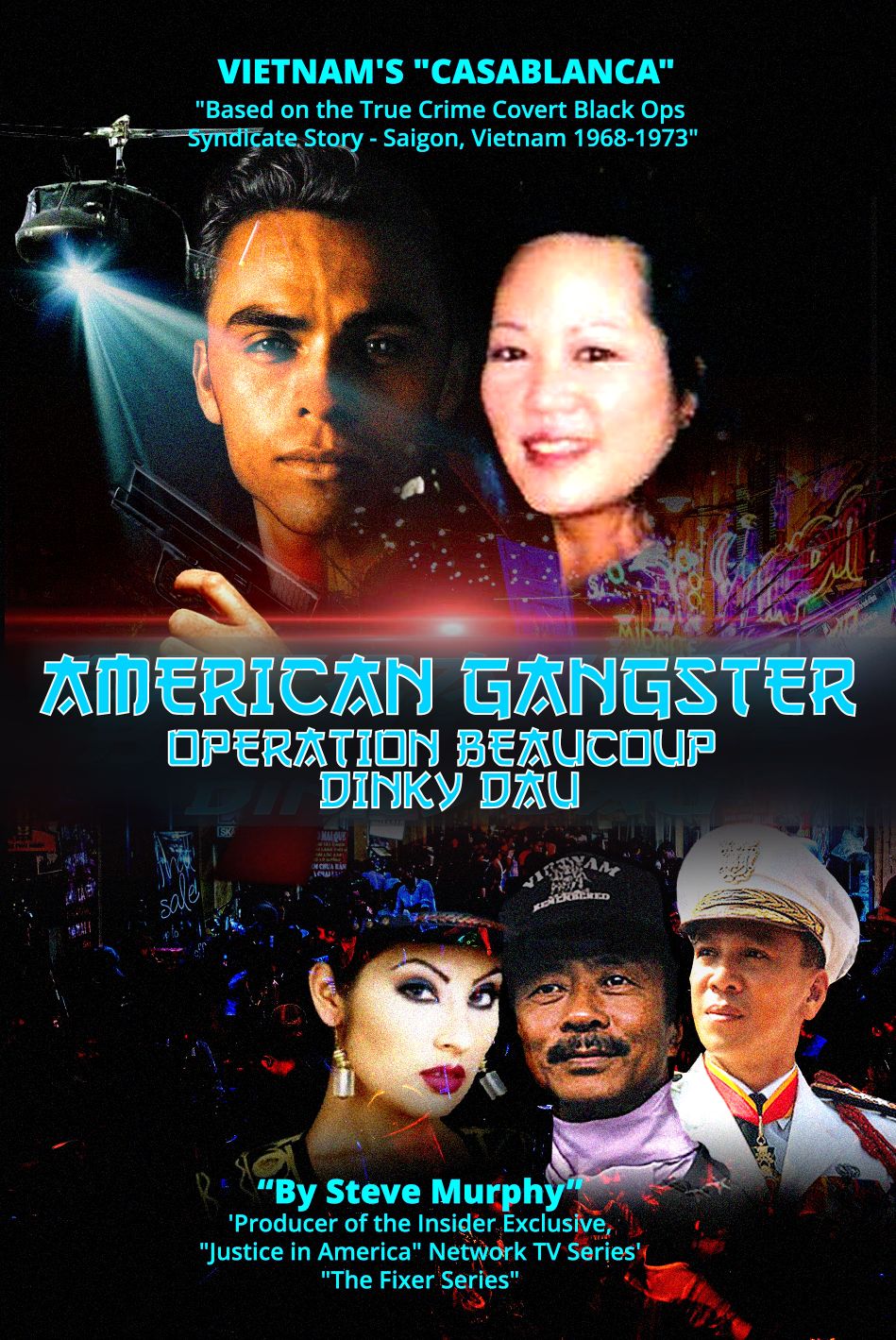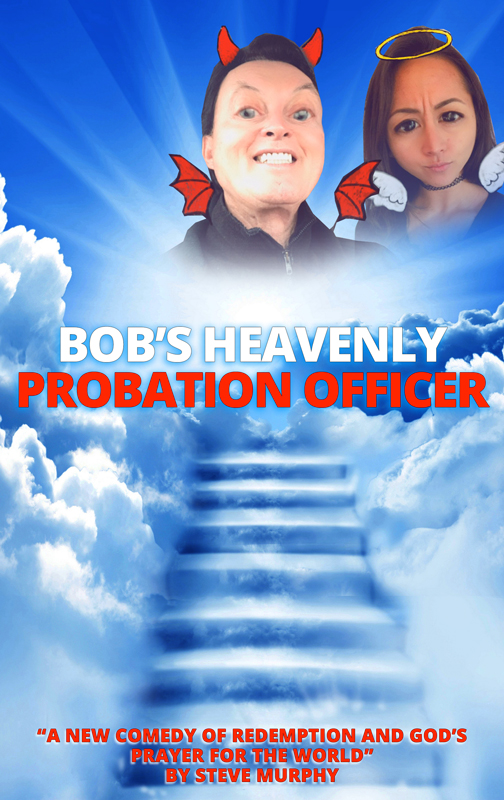| Featuring Nick Turse and Glenn Frankel | | Print | |
| America's Best Selling Authors | ||||||||||||||||||||||||||
Guest: Nick Turse Nick Turse is a journalist, historian, and the author of Kill Anything that Moves: The Real American War in Vietnam. Turse's work has appeared in the Los Angeles Times, the San Francisco Chronicle, and The Nation, among other publications. His investigations of U.S. war crimes in Vietnam have gained him a Ridenhour Prize for Reportorial Distinction, a Guggenheim Fellowship, and a fellowship at Harvard University's Radcliffe Institute for Advanced Study.
THE BOOK: “Kill Anything That Moves” Americans have long been taught that events such as the notorious My Lai massacre were isolated incidents in the Vietnam War, carried out by "a few bad apples." But as award winning journalist and historian Nick Turse demonstrates in this groundbreaking investigation, violence against Vietnamese noncombatants was not at all exceptional during the conflict. Rather, it was pervasive and systematic, the predictable consequence of orders to "kill anything that moves." Drawing on more than a decade of research in secret Pentagon files and extensive interviews with American veterans and Vietnamese survivors, Turse reveals for the first time how official policies resulted in millions of innocent civilians killed and wounded. In shocking detail, he lays out the workings of a military machine that made crimes in almost every major American combat unit all but inevitable. Kill Anything That Moves takes us from archives filled with Washington's long-suppressed war crime investigations to the rural Vietnamese hamlets that bore the brunt of the war; from boot camps where young American soldiers learned to hate all Vietnamese to bloodthirsty campaigns like Operation Speedy Express, in which a general obsessed with body counts led soldiers to commit what one participant called "a My Lai a month." Thousands of Vietnam books later, Kill Anything That Moves, devastating and definitive, finally brings us face-to-face with the truth of a war that haunts Americans to this day.
Guest: Glenn Frankel As a boy growing up in Rochester, NY, Glenn Frankel loved John Ford's Western movie “The Searchers.” Everything about it, he says, thrilled and frightened him---most especially John Wayne's towering performance as Ethan Edwards, the avenging uncle who searches for his abducted niece for seven years. Modern filmmakers like Spielberg, Lucas and Scorsese loved it too. Frankel grew up to become a journalist and a foreign correspondent for the Washington Post, and when he came back to the United States in 2006 after a final tour in London he wanted to write a book about America. What, he decided, could be more American than The Searchers? Frankel quickly discovered that the movie was based on an excellent novel by Alan LeMay, and that LeMay had loosely based his book on the true story of Cynthia Ann Parker, who was kidnapped by Comanches in East Texas in 1836. What started as a book about an iconic movie evolved into something more ambitious. Frankel and his wife traveled the Southwest from Texas and Oklahoma to Arizona and Monument Valley to Southern California, saw the historical sites, researched at more than a dozen archives, interviewed everyone he could, from historians to members of the original cast to members of the modern-day Parker family, both Texans and Comanches. Frankel did much of the research during four years as a visiting professor of journalism at Stanford University and finished it at the University of Texas at Austin. THE BOOK: “The Searchers” In 1836 in East Texas, nine-year-old Cynthia Ann Parker was kidnapped by Comanches. She was raised by the tribe and eventually became the wife of a warrior. Twenty-four years after her capture, she was reclaimed by the U.S. cavalry and Texas Rangers and restored to her white family, to die in misery and obscurity. Cynthia Ann's story has been told and re-told over generations to become a foundational American tale. The myth gave rise to operas and one-act plays, and in the 1950s to a novel by Alan LeMay, which would be adapted into one of Hollywood's most legendary films, The Searchers, "The Biggest, Roughest, Toughest... and Most Beautiful Picture Ever Made!" directed by John Ford and starring John Wayne. Glenn Frankel, beginning in Hollywood and then returning to the origins of the story, creates a rich and nuanced anatomy of a timeless film and a quintessentially American myth. The dominant story that has emerged departs dramatically from documented history: it is of the inevitable triumph of white civilization, underpinned by anxiety about the sullying of white women by "savages." What makes John Ford's film so powerful, and so important, Frankel argues, is that it both upholds that myth and undermines it, baring the ambiguities surrounding race, sexuality, and violence in the settling of the West and the making of America. Jack Girardi, Partner at Girardi Keese, is one of America's Finest Trial Lawyers and our Co-Host, as always, brings out the most important key elements to the success of today's guests. He and his firm have been dedicated to working hard and getting the best possible recovery for its clients. Girardi Keese's mission is to provide aggressive representation of individuals and businesses who have been injured in sous way, whether by physical harm, property damage, damage to business, or damage to economic interests. Girardi & Keese has two offices in California: Downtown Los Angeles and San Bernardino. www.girardikeese.com
Hosted by Steve Murphy. Brought to you by "The Law Business Insider" Contact:
Guest: Nick Turse
Guest: Glenn Frankel
Jack Girardi
Steve Murphy |
||||||||||||||||||||||||||
| Last Updated on Tuesday, 10 November 2015 23:34 | ||||||||||||||||||||||||||



































